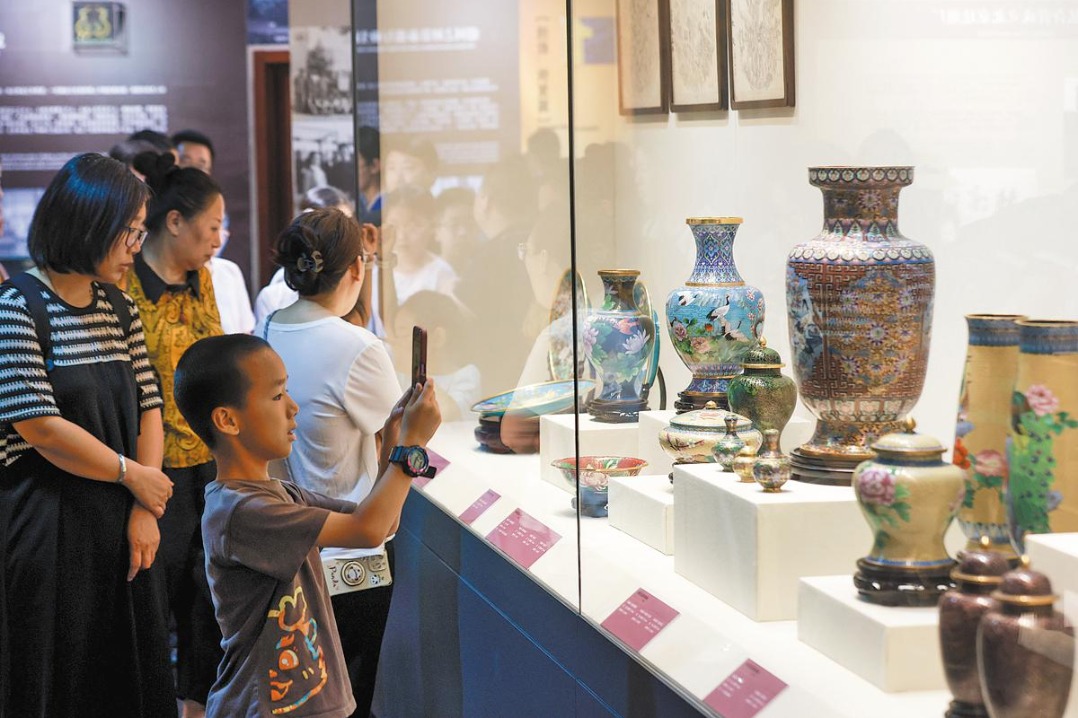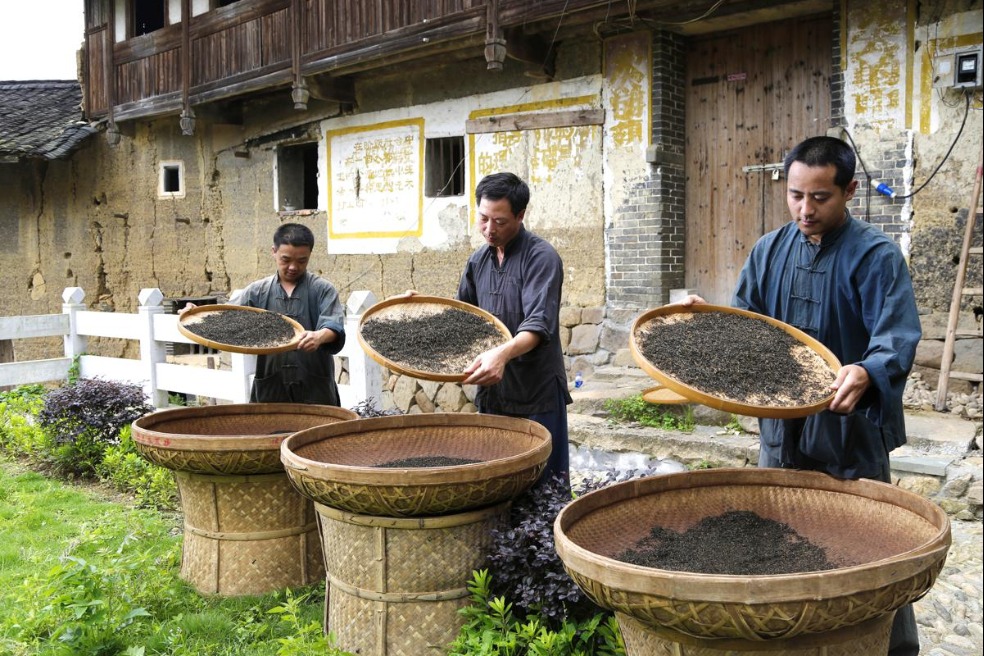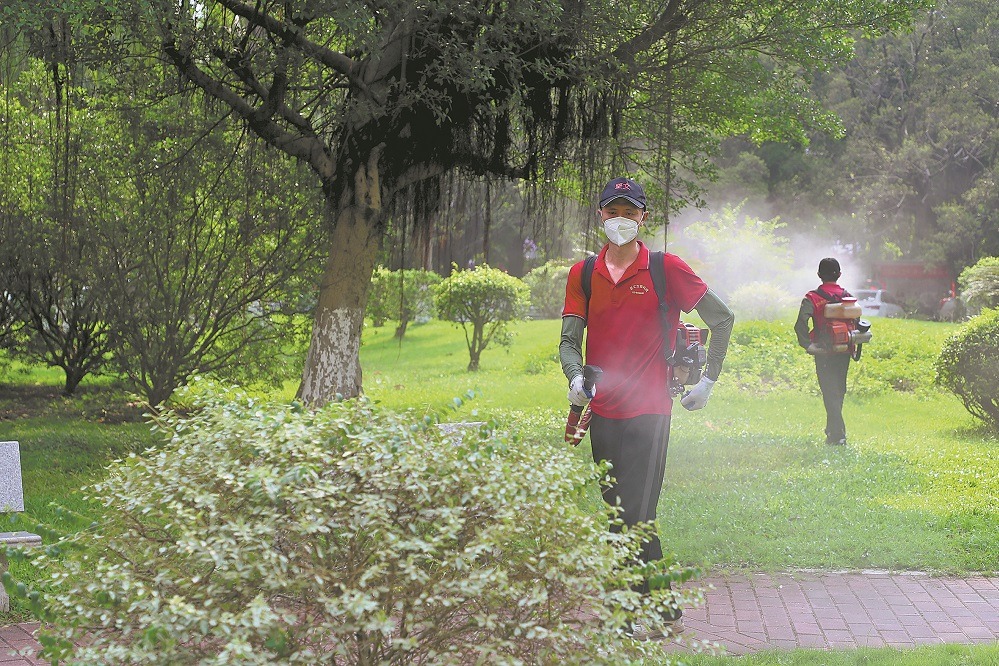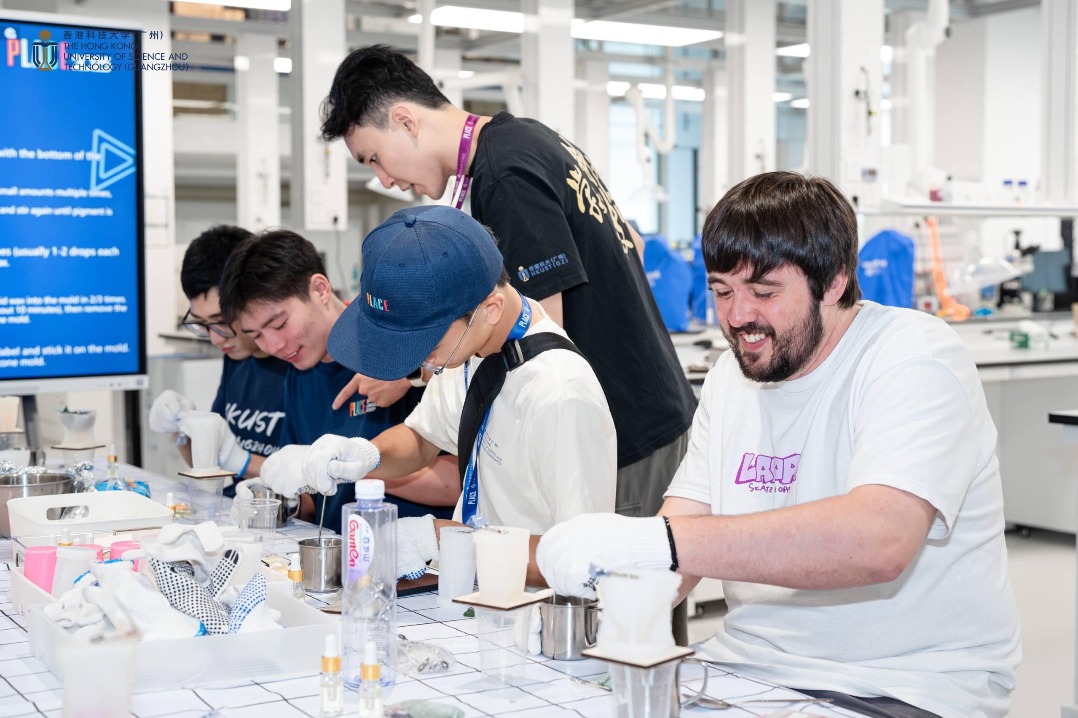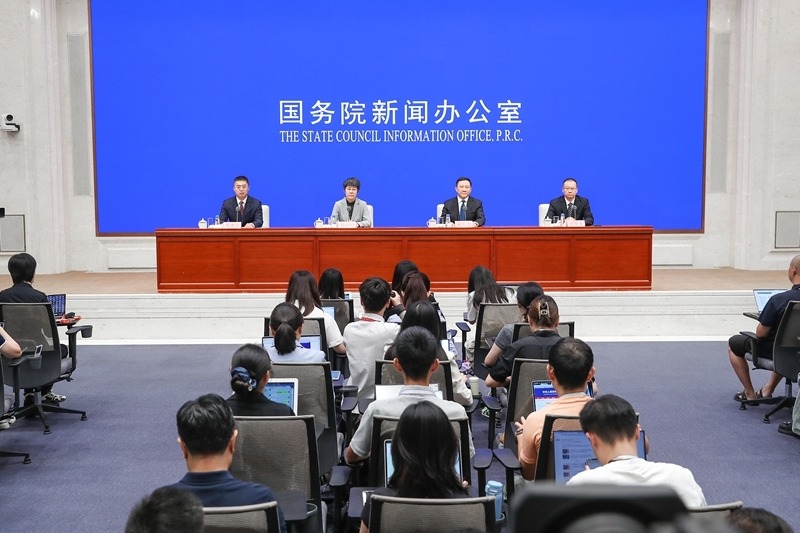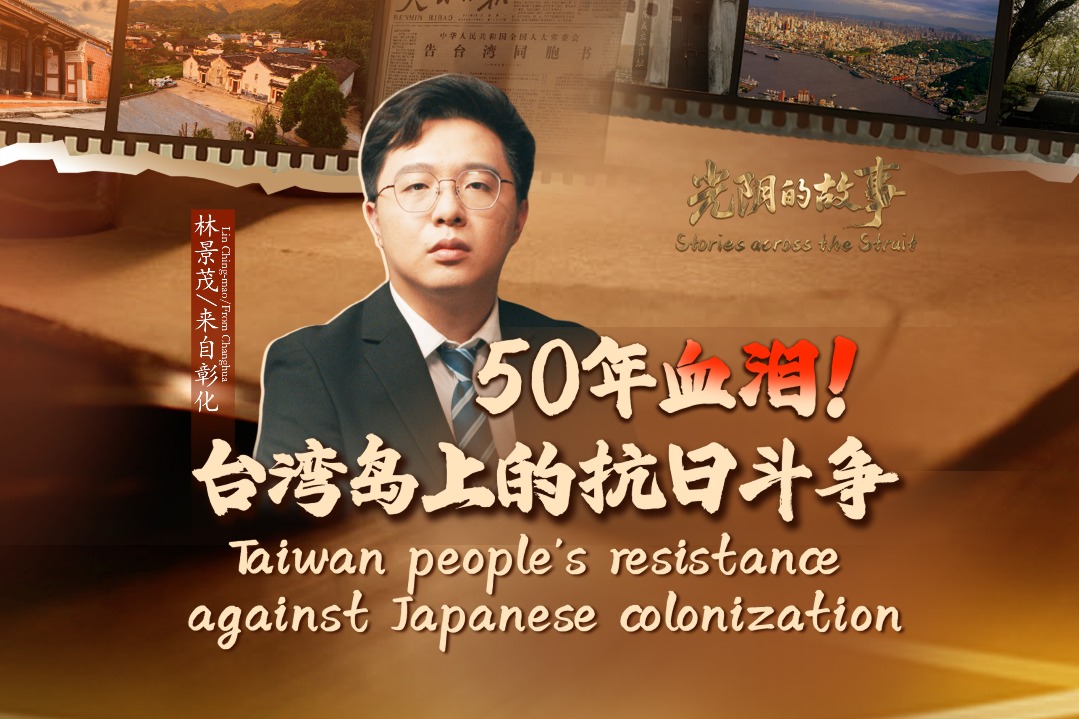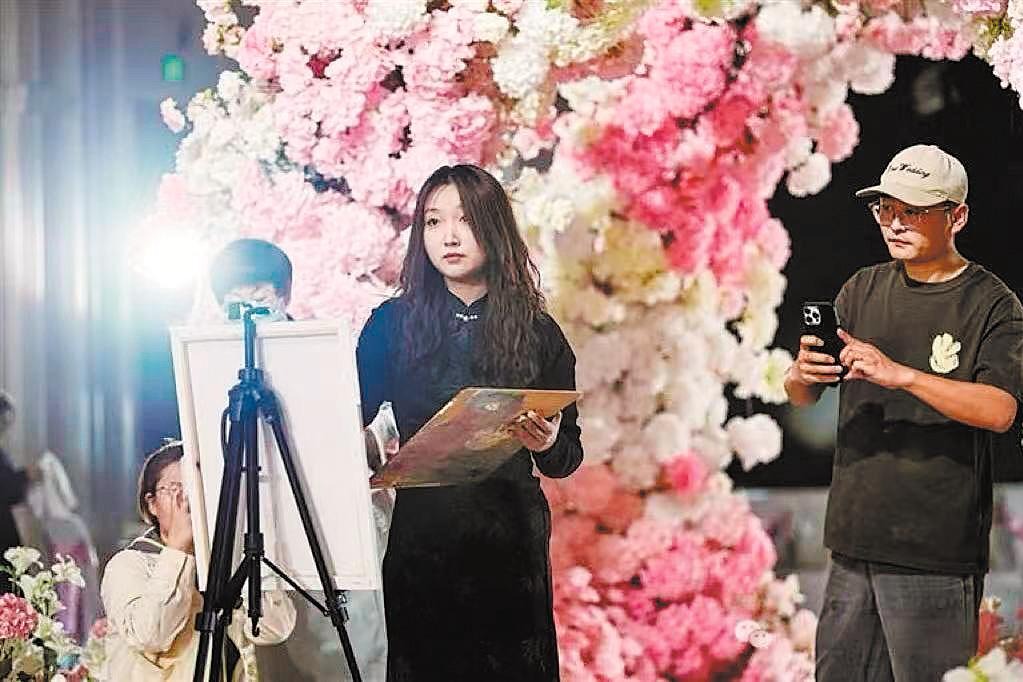Reparation sought for the war's female victims

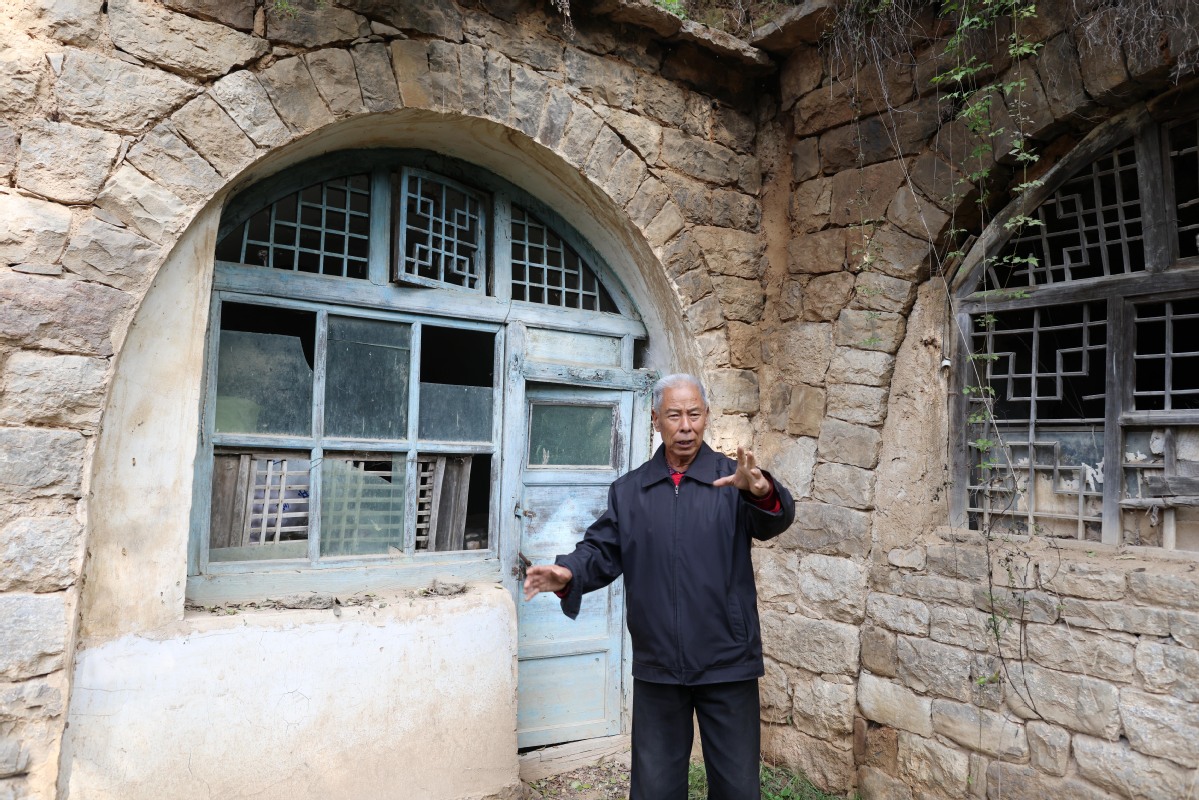
This year, the 80th anniversary of the victory in the Chinese People's War of Resistance Against Japanese Aggression and the World Anti-Fascist War, the outrageous treatment of one particular group of innocent victims continues to sear the sensibilities of decent people everywhere.
At age 72 and now battling lung cancer, Zhang Shuangbing has not stopped working to secure justice for the so-called "comfort women" — young girls and women who were forced to provide degrading sexual services to the men of the Imperial Japanese Army during the war.
"I have been holding on," Zhang said. "Until justice is served, I will never be at peace."
By justice, he means an apology and monetary compensation from the Japanese government for those who were turned into sex slaves during the war. It's a cause he has championed for more than four decades.
Some 400,000 victims were kidnapped in a dozen or so Asian countries by the Japanese army. About half were Chinese, according to the Research Center for Comfort Women at Shanghai Normal University.
Zhang, a native of Yuxian county in Shanxi province, was a rural primary school teacher before his retirement. Motivated by reports of "comfort women" seeking reparations, Zhang began visiting survivors, recording their stories and submitting legal complaints against Japan.
His journey began in 1982, inspired by Hou Dong'e, a survivor who was forced into sexual slavery twice by Japanese soldiers. She suffered many hardships, including being socially ostracized in her own village.
Hou was the first of the women from the Chinese mainland to publicly accuse Japanese soldiers. Zhang visited her multiple times until her death in 1994, before the 1995 court proceedings in Tokyo, during which victims first sought justice.
Survivors from Yuxian county formally filed a lawsuit seeking an official apology and compensation from the Japanese government.
Japan admitted to the historical facts, but by 2007 Japanese courts had repeatedly refused to make public apologies and financial reparations. They simply dismissed the survivors' claims.
Because of financial and logistical constraints, Zhang gave up pursuing lawsuits in Japan and the International Court of Justice. Instead, he has partnered with like-minded South Koreans to pursue lawsuits within China.
"Since 1982, I have taken this task upon myself," he said. "The lack of satisfactory court outcomes has unsettled me. I have tried many different approaches, but I can no longer pursue legal action in Japan or the ICJ because of costs and distance. A few years ago, I teamed up with my South Korean counterparts to pursue cases in our respective countries."
A significant breakthrough came in 2021, when the Seoul Central District Court ordered compensation for South Korean "comfort women". The ruling was seen by Zhang and legal advocates as a responsible and just outcome.
Inspired by this development, the children of 18 Chinese victims last year filed the first lawsuit against Japan in a Chinese court — the Shanxi High People's Court — and asked for an apology and compensation.
"I lost my mother at a young age," said Yang Xiulian, the daughter of Nan Erpu, who was born in Shanxi and was a victim of sexual slavery during the war.
"Japan invaded China and harmed her, leaving a debt of blood. I seek justice for my mother. I demand a formal apology from Japan and compensation for our losses."
In 1942, Nan was abducted and subjected to long-term sexual trauma, resulting in lifelong infertility and severe physical and psychological damage.
"My mother was unable to bear children because of the abuse. She adopted me in 1964. In June 1967, unable to endure the pain, she took her own life. I was only 4 when I lost my mother," Yang said.
Jia Fangyi, the lawyer representing the families in the case, said the South Korean court's ruling "encourages and informs our efforts".
"After conducting research, the human rights lawyers and I agree that the ruling in Seoul is right," he said. "Japan's rejection of Chinese victims' lawsuits, along with its refusal to apologize or provide compensation, is despicable."
Time waits for no one. Since the first court hearing in Japan in 1995, 30 years have passed and many of the sexual abuse victims have died. But Zhang remains resolute despite his declining health.
"I have to keep fighting so that Japan will acknowledge the wrongs it has committed and learn from history," he said.
With this year marking the 80th anniversary of the victory in the Chinese People's War of Resistance Against Japanese Aggression and the World Anti-Fascist War, Zhang hopes to obtain a fair judgment and a satisfactory outcome as soon as possible.
"My great hope is that victims across Asia will come together to demand an apology and compensation from the Japanese government," he said.
- China to step up law enforcement coordination in Yangtze River Basin
- China Focus: Paired assistance program improves access to quality health care for Xizang residents
- Guangdong aid transforms Xinjiang's plum industry
- PKU Law School dismisses online rumors about faculty member
- Shenzhou XX crew to conduct third space walk in coming days
- Thai student impressed by China's rapid holistic development

















